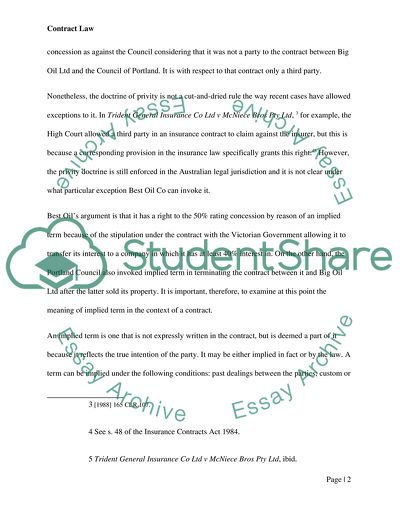Cite this document
(“Australian contract law Research Paper Example | Topics and Well Written Essays - 1500 words”, n.d.)
Australian contract law Research Paper Example | Topics and Well Written Essays - 1500 words. Retrieved from https://studentshare.org/law/1580091-australian-contract-law
Australian contract law Research Paper Example | Topics and Well Written Essays - 1500 words. Retrieved from https://studentshare.org/law/1580091-australian-contract-law
(Australian Contract Law Research Paper Example | Topics and Well Written Essays - 1500 Words)
Australian Contract Law Research Paper Example | Topics and Well Written Essays - 1500 Words. https://studentshare.org/law/1580091-australian-contract-law.
Australian Contract Law Research Paper Example | Topics and Well Written Essays - 1500 Words. https://studentshare.org/law/1580091-australian-contract-law.
“Australian Contract Law Research Paper Example | Topics and Well Written Essays - 1500 Words”, n.d. https://studentshare.org/law/1580091-australian-contract-law.


